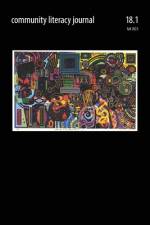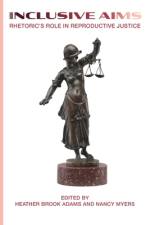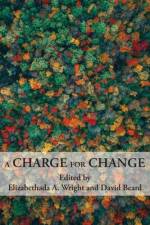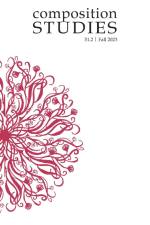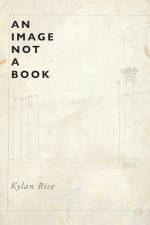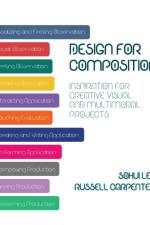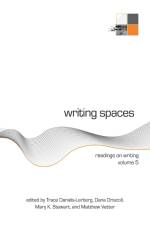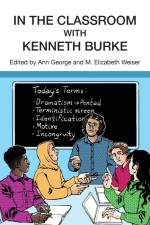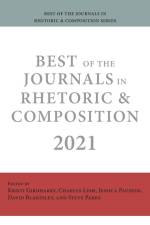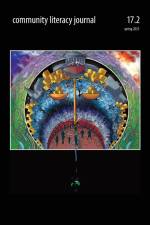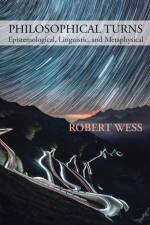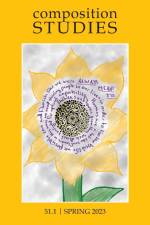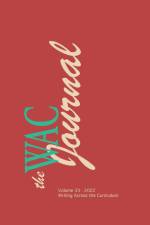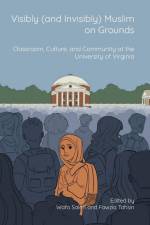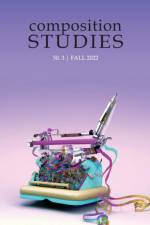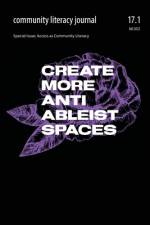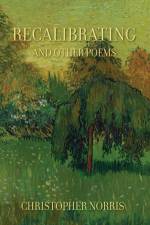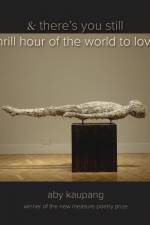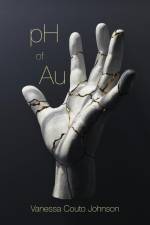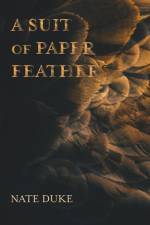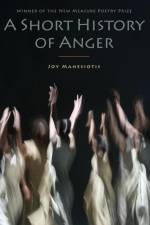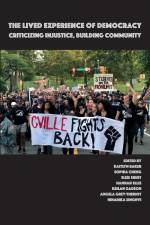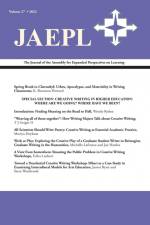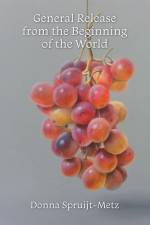av Paul Feigenbaum
315,-
COMMUNITY LITERACY JOURNAL 17.2 (Spring 2023) | The journal understands "community literacy" as the domain for literacy work outside mainstream educational and work institutions. It can be found in programs devoted to adult education, early childhood education, reading initiatives, lifelong learning, workplace literacy, or work with marginalized populations, but it can also be found in more informal, ad hoc projects. For COMMUNITY LITERACY JOURNAL, literacy is the realm where attention is paid not just to content or knowledge but to the symbolic means by which it is represented and used. Thus, literacy makes reference not just to letters and to text but to other multimodal and technological representations as well. We publish work that contributes to the field's emerging methodologies and research agendas. ¿CONTENTS: Editors' Introduction by Isabel Baca and Paul Feigenbaum, with Vincent Portillo and Cayce Wicks | ARTICLES: "You Call It Honor, We Call It Dishonor." Counterstorytelling & Confederate Monuments in Isle of Wight County, Virginia by Brooke Covington, Chief Rosa Holmes Turner, and Julianne Bieron | "I Have Always Loved West Virginia, But...": How Archival Projects Can Complicate, Build, and Reimagine Place-Based Literacies by Erin Brock Carlson | PROJECT AND PROGRAM PROFILES: Capacitating Community: The Writing Innovation Symposium by Jenn Fishman with Abigayle Farrier, Aleisha R. Balestri, Barbara Clauer, Bump Halbritter, Darci Thoune, Derek G. Handley, Gitte Frandsen, Holly Burgess, Lillian Campbell, Liz Angeli, Louise Zamparutti, Jenna Green, Jennifer Kontny, Jessica R. Edwards, Jessie Wirkus Haynes, Julie Lindquist, Kaia L. Simon, Kayla Urban Fettig, Kelsey Otero, Margaret Perrow, Maria Novotny, Marie Cleary-Fishman, Maxwell Gray, Melissa Kaplan, Patrick W. Thomas, Paul Feigenbaum, Sara Heaser, and Seán McCarthy | JAMAL: Adult Literacy Decolonizing Knowledge and Activism in 1970s Jamaica by Randi Gray Kristensen | ISSUES IN COMMUNITY LITERACY: Rhetorical Considerations for Missy, an LGBTQ+ Zine at the University of Mississippi by Tyler Gillespie | Payment in the Polity: Funded Community Writing Projects by Audrey Simango, Matthew Stadler, and Alison Turner | Access as Praxis: Navigating Spaces of Community Literacy in Graduate School by Millie Hizer | BOOK AND NEW MEDIA REVIEWS: From the Book and New Media Review Editor's Desk by Jessica Shumake, Editor | Teaching Through the Archives: Text, Collaboration, and Activism, Edited by Tarez Samra Graban and Wendy Hayden, Reviewed by Walker P. Smith | Translingual Inheritance: Language Diversity in Early National Philadelphia by Elizabeth Kimball, Reviewed by Lily Deen, Noha Labani, Lauren Piette, Vanessa Sullivan, and Heidi Willers | Talking Back: Senior Scholars and Their Colleagues Deliberate the Past, Present, and Future of Writing Studies, Edited by Norbert Elliot and Alice S. Horning, Reviewed by Heidi M. Williams | CODA: Coda Editorial Collective Introduction by Kefaya Diab, Chad Seader, Alison Turner, and Stephanie Wade | Tucson House: Visual Echoes by Stephen Paur | Storms by Adam Craig The Man Who Lived on Rose Street by Alexandra Melnick | Becoming by Ada Vilageliu Di¿az | I Won American Idol by Nic Nusbaumer | SpeakOut! CLC by Constance Davis, Grace Dotson, Mia Manfredi, Ainhoa Palacios, and Tanya Sopkin, with Tobi Jacobi and Mary Ellen Sanger


